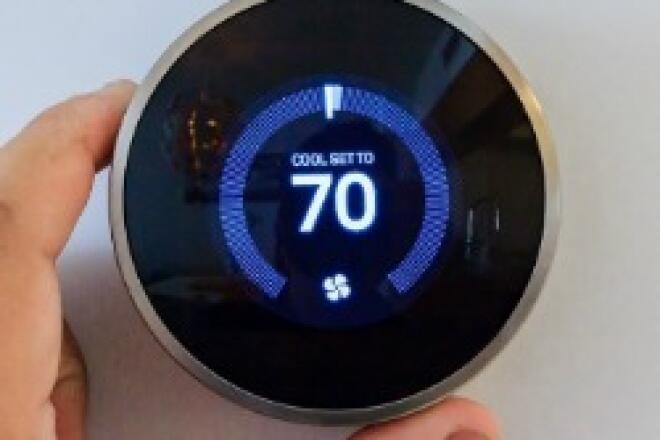
Should You Sign Up for Community Solar?
While most Americans today back the transition to a cleaner power grid, not everyone can install solar panels on their homes. Fortunately, there are still other ways to champion renewable energy development, with community solar being a standout option.
According to the Department of Energy, community solar refers to any solar project that provides benefits to multiple customers, such as individuals, businesses, nonprofits and other groups. Participants in community solar subscribe to, or sometimes own, a portion of the energy from the solar array and receive bill credits for the electricity their share produces.
In this month’s blog, we look at three things to consider before signing up for community solar:
1. Check if there are any community solar farms near you.
As of June 2024, the U.S. has nearly 8 gigawatts of community solar up and running. These projects span across 44 states and the District of Columbia. However, over three-quarters of the market is concentrated in four states – Florida, New York, Massachusetts and Minnesota. Fortunately, EnergySage has an online tool that can help you find community solar farms near your ZIP code, and you can see side-by-side comparisons for each project to identify the one that’s right for you.
2. See what financial and carbon savings you can expect.
With community solar, you earn credits on your electric bills, reflecting the electricity produced by your portion of the farm. Since these credits fluctuate monthly, check how much you can expect to save annually on your bills before enrolling. Some projects offer over savings of over $150 per year, while others may have a much smaller impact – though you will still be supporting renewable energy development. With EnergySage’s marketplace, you can input your average bill amount and get estimates for your financial savings as well as how many tons of carbon you will offset.
3. Review the other terms and requirements of the project.
Since community solar farms in your area are likely run by a variety of companies, the terms for participating likely vary quite a bit. Before signing up, make sure you understand things like whether there’s a minimum credit score required, what it takes to cancel your subscription and if you will receive a sign-on bonus, like an additional bill credit, for initiating your subscription. EnergySage also makes it easy to see reviews for each solar farm, so you can get an idea of whether current participants are happy with their experiences.
Community solar offers the perks of solar energy without the fuss of buying and installing panels on your roof, and for many participants, it's a win-win scenario of supporting the transition to cleaner energy sources, while saving on their bills. However, as with any energy decision, you should weigh a few considerations and make sure you fully understand the program terms before enrolling.



